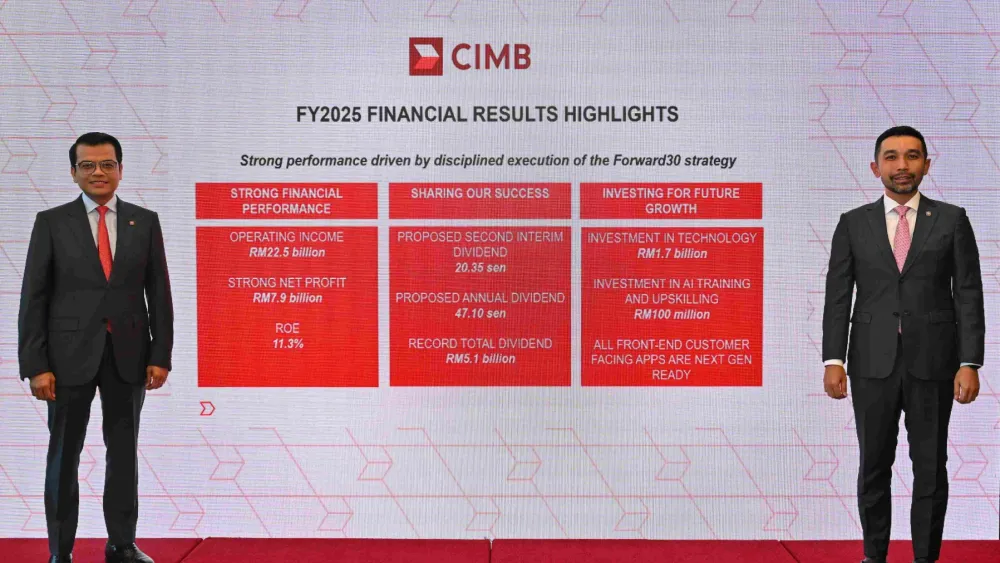
Korean Basel III terms more palatable to creditors: Fitch
Thanks to recent modifications.
Fitch Ratings believes recent modifications to the terms and conditions (T&Cs) of South Korean commercial banks' Basel III-compliant capital securities have reduced the likelihood of non-performance risk - particularly for Basel III Tier 2 (T2) instruments - and are therefore positive for instrument ratings.
According to a release from Fitch Ratings, as a result of these changes, for banks issuing T2 instruments, the agency will consider notching off the higher of the Support Rating Floor and Viability Rating (VR).
The release noted that Fitch understands that the motive behind these changes is to deepen the pool of investors for capital securities to support a rising trend of issuance.
For investors, the new instruments are potentially of lower risk relative to earlier Basel III T2 instruments.
From a quality of capital perspective, these changes make these instruments more like the legacy Basel II instruments and - as a consequence - less likely to absorb losses (and less capital-like) compared with instruments issued in markets where the point of non-viability (PONV) is triggered at an earlier stage of a bank's deterioration in financial position.
Here's more from Fitch Ratings:
The key change to the T&Cs is the removal of a management improvement order (MIO) received from the regulator as one of two PONV triggers. The other trigger - when the bank becomes insolvent - remains.
Where instruments have only an insolvency PONV trigger and where support is factored into the Issuer Default Rating (IDR), Fitch would consider using the support-driven IDR or the VR (whichever is higher) as the anchor rating for systemically important banks because we expect pre-emptive support to be provided to avoid insolvency.
Upon hitting the PONV, the T2 instruments are to be fully and permanently written off, hence Fitch will continue to notch ratings on these instruments twice from the anchor rating to reflect loss severity (i.e. poor recovery prospects).
A similar change has been made for the write-down of Additional Tier-1 (AT1) instruments. This, however, does not change, in our view, the risk of coupon cancellation, which is still linked to a management improvement recommendation (MIR) or the discretion of the issuing bank.
An MIR is usually the first timely corrective action that regulators would activate, for example, in a scenario where the total capital ratio falls below 8%.
The bank may decide not to pay the coupon, typically when the bank is unable to pay dividends to its shareholders.
Given that skipping a coupon payment is central to our assessment of non-performance risk, we will continue to notch ratings on AT1s five times from the VR (where the anchor rating is investment grade).
The definition of insolvency is less subjective than an MIO, which the authorities have a significant degree of latitude in deciding when to issue.
An MIO event is also supposed to be activated when a bank's total capital adequacy ratio falls below 2% (or if the Tier 1 capital ratio drops below 1.5% or common equity Tier 1 capital ratio is below 1.2%).
The MIO trigger is more comprehensive and would practically be the first trigger to be hit if both triggers are applicable. This was a factor behind the agency's previous decision to assume that the VR would be the anchor rating.
South Korea's only offshore Basel III-compliant Tier 2 security issued in April 2014 by Woori Bank (Woori; A-/Stable/bbb) had the two above-mentioned PONV triggers. Had Fitch rated that instrument, the bank's VR would have been used as the anchor rating. In the case of Woori, its IDR is two notches higher than its VR.
Fitch expects the revised single PONV trigger (i.e. insolvency trigger only) to be the standard for future Basel III T2 issues by Korean banks. Fitch notes that the Korean authorities have approved a number of proposed T2 and AT1 issues in recent weeks.



















 Advertise
Advertise










